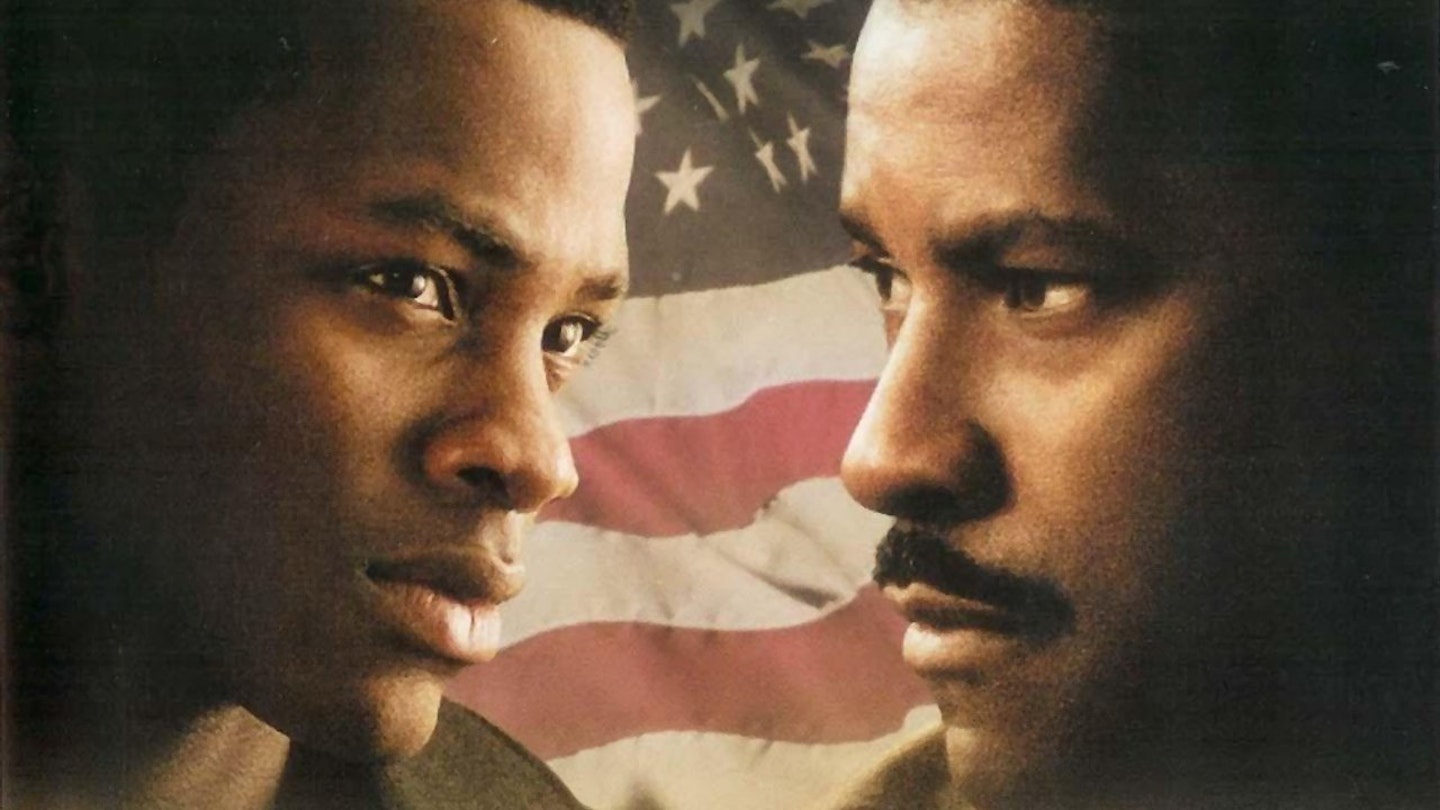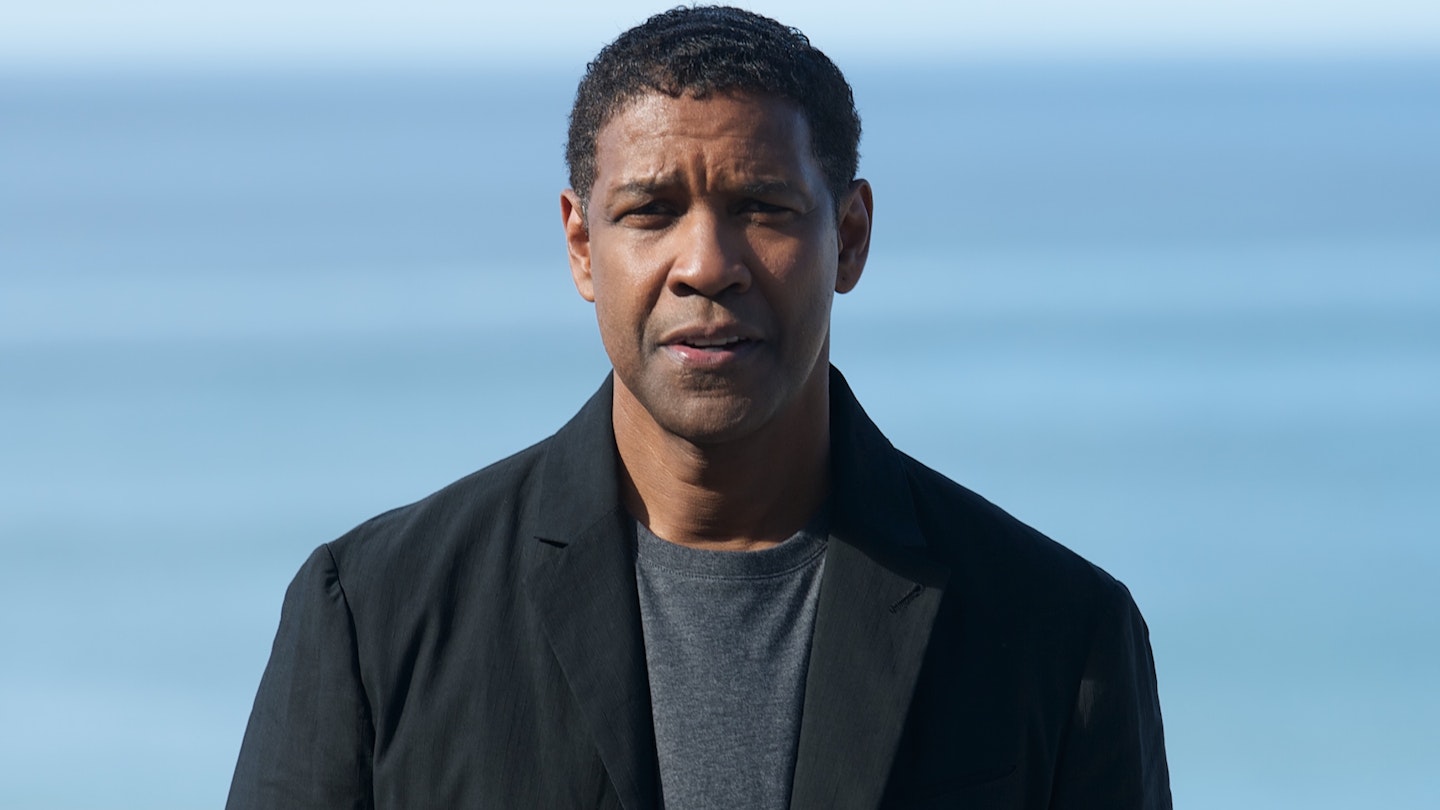Denzel Washington has opted for a simple story for his directorial debut, which brings with it both pleasures and pitfalls.
The set-up is ripe for a sentimental approach: Antwone Fisher is an abused, underprivileged young man discovering his poetic abilities and capacity for love through the understanding ear of a psychiatrist. The psychiatrist turns out to need a little help in the love department himself, so perhaps his friendship with the boy can help him work through problems of his own.
Washington duly plumps for a romantic take on the subject matter, favouring lingering close-ups and cutesy moments - many of which are successful in a Good Will Hunting kind of way, thanks to charming actors and dialogue. Derek Luke makes for a likeable lead as the confused Antwone, while Joy Bryant delivers a similarly promising performance - even if her role is fairly undemanding.
But there are narrative holes. The whole point of Antwone's referral to the shrink is his violent streak, but the nature of this is never really explored. His aggressive outbursts are merely used as devices to reunite him with his mentor, who in turn uses them as devices to extract another piece of trauma from his patient. True or not, the implication that this violence will subside with each revelation feels like cartoon psychiatry, not a convincing delve into a complicated mind. Increasingly, monologues are used as narrative Polyfilla: Antwone's reunion with his mother involves a speech whose content would have been better established through characterisation and story, as would Washington's closing confession.
There are many successful scenes - not least those of Antwone's abuse at the hands of women - and its simple emotional approach will go some way to pleasing mainstream audiences. But it feels a little stunted in its range and, ironically for a film about psychiatry, fails to dig as deep into its character as it might.

